Use AcWriMo to reconnect with your desire to write
By Jo Van Every PhD, Academic Career Guide
What if, instead of looking for “accountability”,
you looked for things that would help you reconnect with your desire to write?
“Beyond accountability: coworking as support”
I believe that a writing practice based on the desire to write, and enjoying the intellectual challenge of the particular things you write about, will produce the outputs you are under pressure to produce.
I challenge you to use #AcWriMo to establish a habit that helps you trust yourself to be guided by this belief.
There are no #AcWriMo police.
The overall goal with any challenge like #AcWriMo is to establish or improve your writing practice in a sustainable way.
November is a very busy month for many academics. You don’t want your success with the writing challenge to be tainted with feeling like you could only do it by being a failure in some other part of your life.
If you choose to take the challenge it is your challenge. You get to decide
why you are doing it,
what you want to achieve, and
the best way for you to go about it.
You get to modify how you engage with the challenge to suit your strengths, avoid your pain points, and so on.
In this post I make a suggestion for using the community aspect of the #AcWriMo challenge to reconnect with the desire to write, using very small amounts of time daily.
Reigniting the sparks of intellectual engagement & joy
As Janet Salmons pointed out in Focusing: The Muse and the Mundane, and I discuss in my book The Scholarly Writing Process (A Short Guide), the first stage of the writing process is for you to figure out what you want to say. This will be the focus of your #AcWriMo challenge.
Interestingly, the #NaNoWriMo challenge, on which #AcWriMo is based, is focused on writing a first draft. Fast. The format assumes there will be several stages of revision after November to make the novel legible to a reader (and thus publishable). It is all about the creative stage of writing in which you, the author, work out what you want to say.
This might be the fun part for you. This first, creative, stage of the process is where you get to play with ideas. It’s the part where you are most focused on your ideas. It’s the part where you don’t have to be linear, or use full sentences, or even use words.
Banishing the voices is one goal of the challenge
Maybe it doesn’t feel like the fun part.
Could it be fun if you dismissed the voices in your head who like to remind you about all the reasons no one else will think this is interesting or original?
Could it be fun if you dismissed the voices in your head that care about precision, elegance, good grammar, and citations?
Could it be fun if you dismissed the voices in your head who are worried about productivity and outputs?
I like to call those voices “gremlins”. They are trying to be helpful, but they tend to think bullying is helpful.
I’ve written a Short Guide with questions and reflection prompts to guide you as you move from the, possibly chaotic, results of the creative work you did in this challenge to submitting something for publication.
What if the things your gremlins are concerned about are more appropriate to a later phase of the process?
Can you send them off to argue amongst themselves, with a promise to deal with their concerns later? Perhaps they can produce a nice bullet point list you can use for revisions once you have a clearer idea of what you want to say, and who the audience for these ideas is.
The #NaNoWriMo writers use challenging word counts to banish those gremlins. Because you are so busy, I suggest you use time limits instead.
I recommend allocating 15 to 30 minutes every work day for this challenge. I’ve shared 2 audio recordings you can download to support your short sessions. Both have a short intro, timed silence in which to write, and a few prompts to help you finish your session. [Add a reference to the post with the audio support]
Allow yourself to explore your curiosity about your topic.
Yes, you are being self-indulgent. Your primary motivation here is to explore your own intellectual curiosity. It’s just a month. 15-30 minutes a day. Experiment.
Don’t worry about where it will lead.
Follow the threads.
Go off on tangents.
Read things that seem interesting even if you don’t know whether or how they will contribute to your project.
Write about the things you think no one else will care about.
Use tools that support your creativity, even if they seem inefficient.
Freewriting
Mind maps
Diagrams
Image collages
Voice recordings
You don’t have to work on your computer. Or at your desk.
You might even want to support your commitment to this challenge by purposefully not doing it in your office or at your desk. It’s only 15-30 minutes after all.
Reflect on your practice
This is an experiment. Like any experiment, you want to observe and make notes so you can apply what you learn to what you do after #AcWriMo is over.
Observe without judgement first. Don’t jump to conclusions until you’ve collected all the data.
What brings you joy?
What makes you curious?
What makes you want to go further?
What was possible in 15 to 30 minutes a day?
Were you inspired to do other writing? What did you do?
What would you like to keep doing?
What wasn’t helpful?
Then use these notes to make small changes to your writing practice.
Reflect on your ideas
After a month of daily connection with the ideas you are interested in, you also have a lot of material that might become actual publications (or other outputs).
You might also have a draft of your gremlins’ ideas about what needs to be done to turn these ideas into something others might want to read.
What do you want to write?
What can you say about this? What would the argument be?
Who do you want to say this to? Who is the audience for this?
What are the steps you need to take to start the process of shifting from the creative stage to the critical stage?
Free download: Jo on Tap
November is a busy time for academics. You might not be able to commit a lot of time to #AcWriMo. Using the challenge to establish a practice of writing regularly even if it’s only 15 to 30 minutes a day is reasonable.
Whether you choose to try the challenge to reconnect with your desire to write or you just want to challenge yourself to work on your writing project daily for either 15 or 30 minutes, these recordings might help support you.
Each recording has a short warm up to help you transition from whatever you were doing before your writing session into focusing on your writing project. Followed by timed silence in which to write. At the end of the silence, I start talking again, and prompt you to take a few notes that will help you transition out of your writing session and leave yourself breadcrumbs for the next one.
The recordings are hosted on Soundcloud and can be downloaded so you always have them available.
Jo Van Every, PhD.
Jo Van Every, PhD is an Academic Career Guide and runs the Academic Writing Studio, a community with coworking, group coaching, and classes to support academics in protecting time to write and resist overwork. A Canadian residing in England with a dog, cat and partner, Jo is a feminist, and a keen textile maker. Her former work as a sociologist and with a research funding agency informs her work supporting academics to develop consistent writing practices and manage their workloads in the face of institutional demands and busy home lives.
Photo credits: Unsplash https://unsplash.com/@joshboot and Annie Greatorex





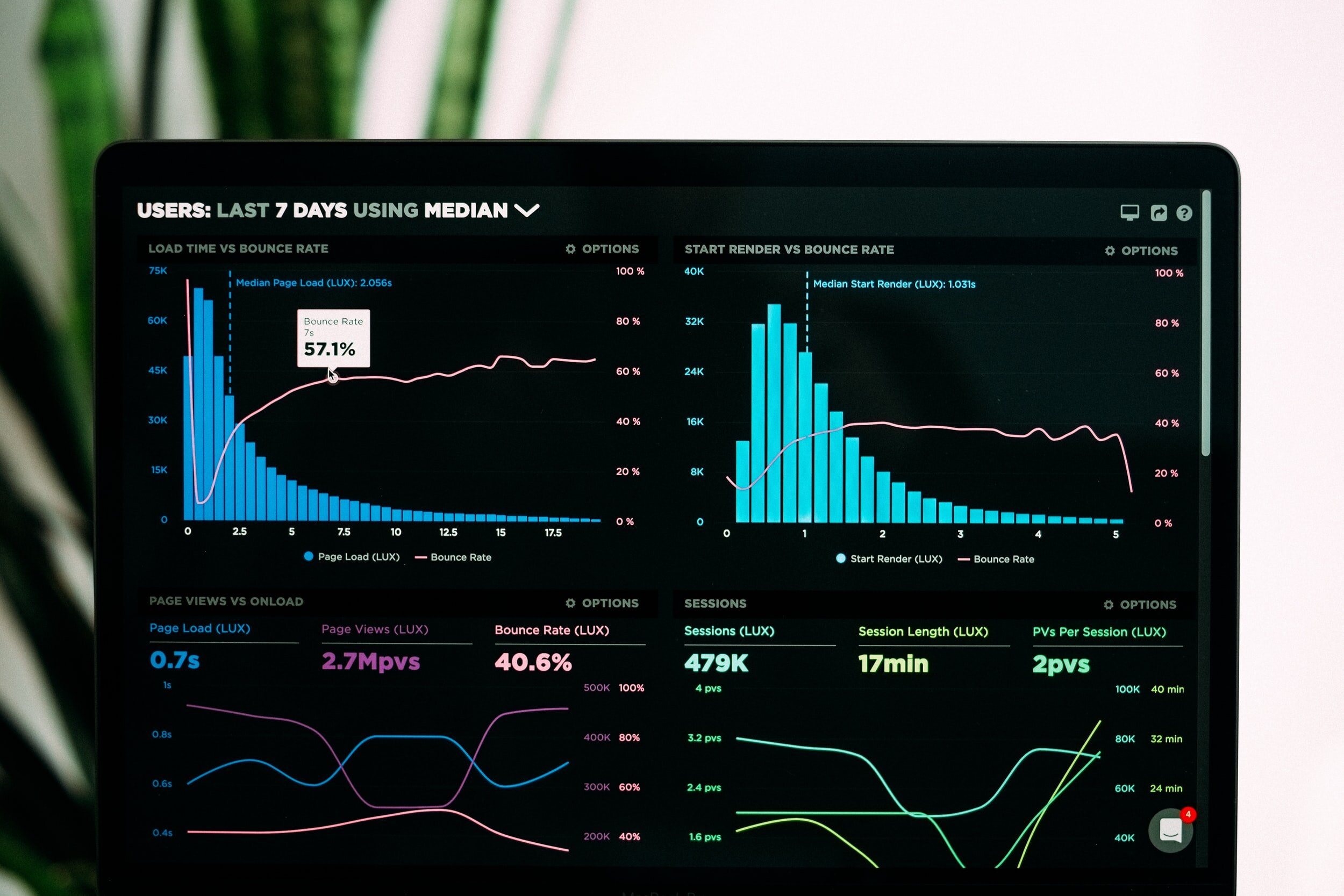







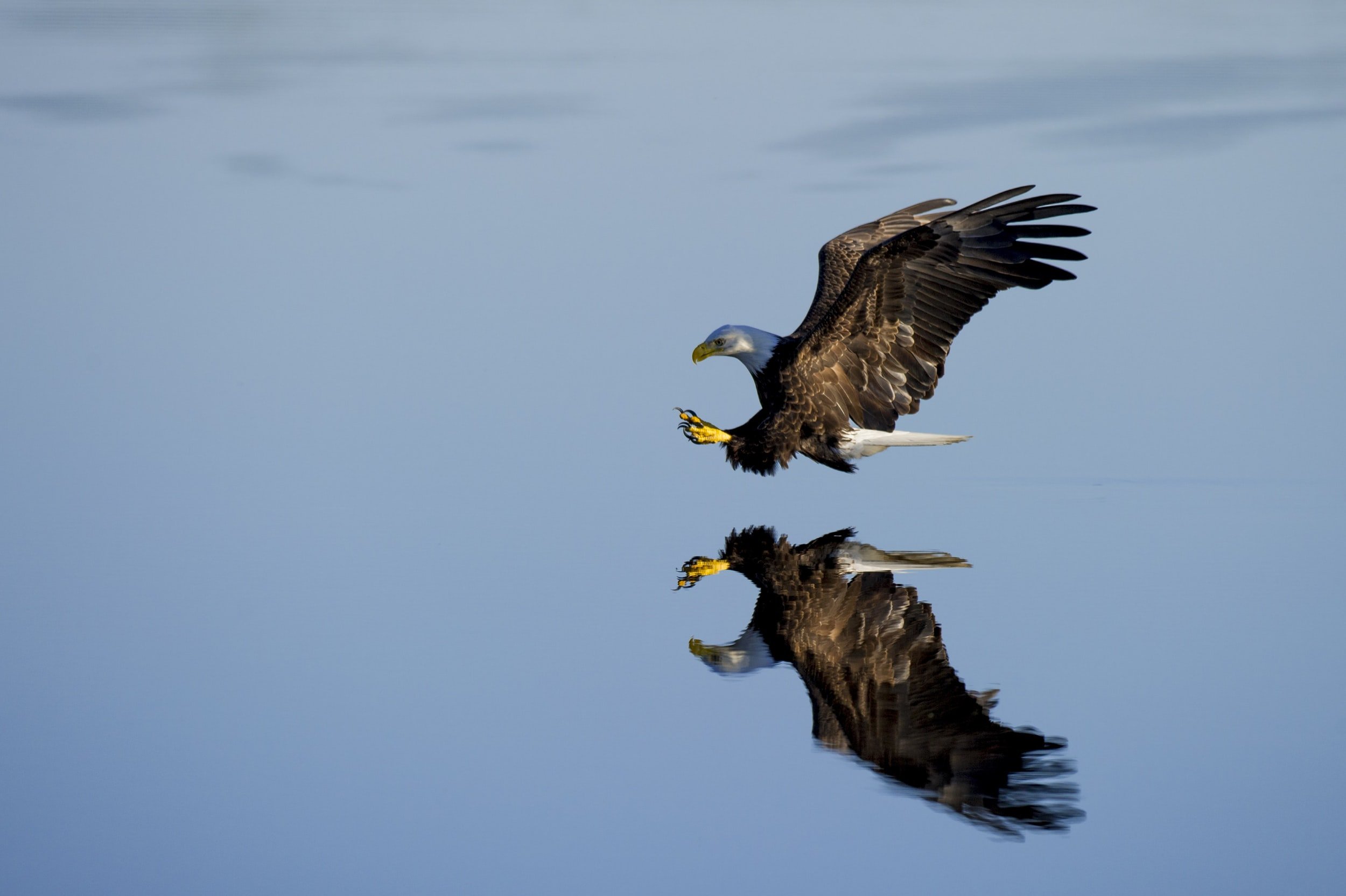


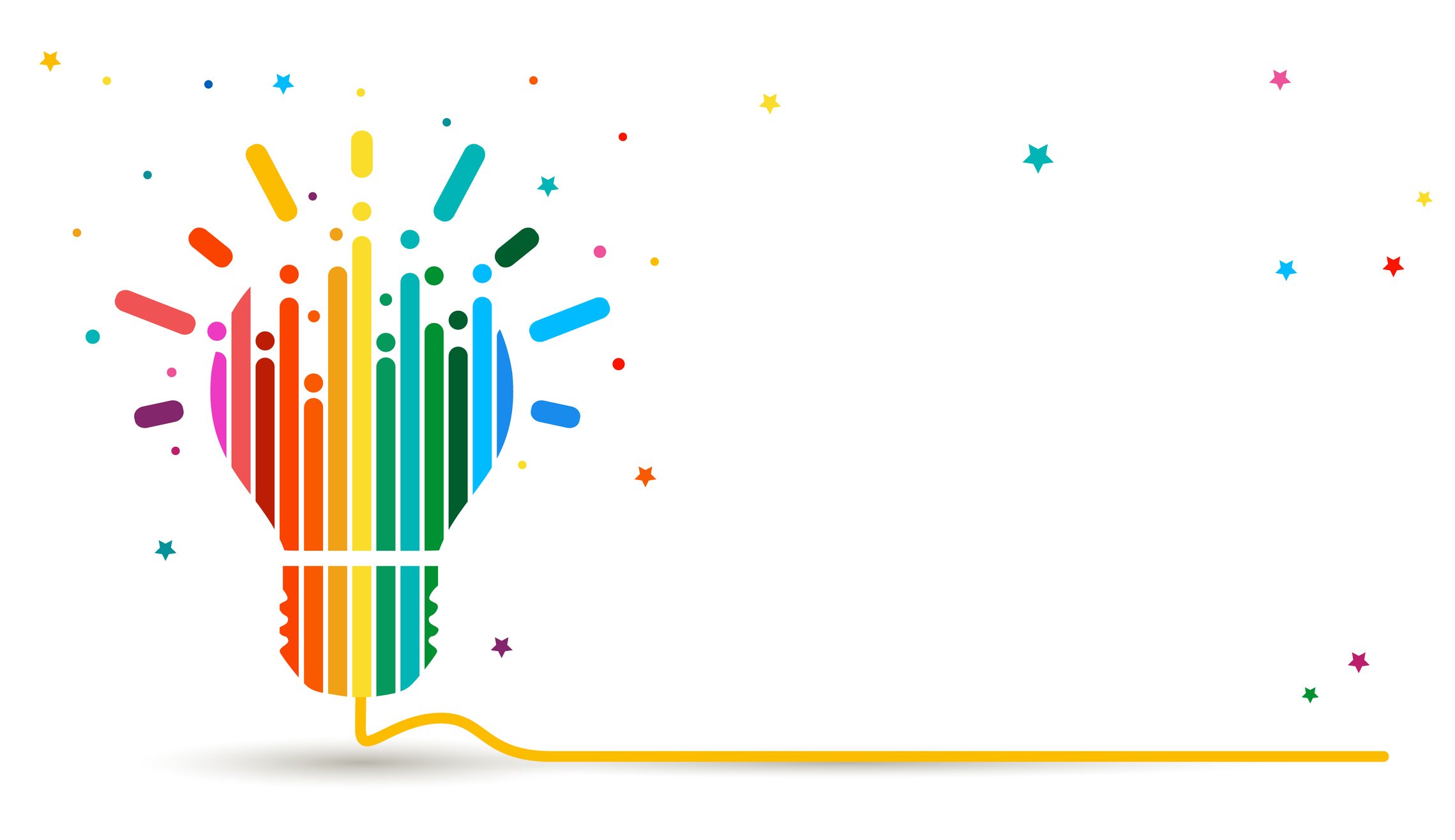




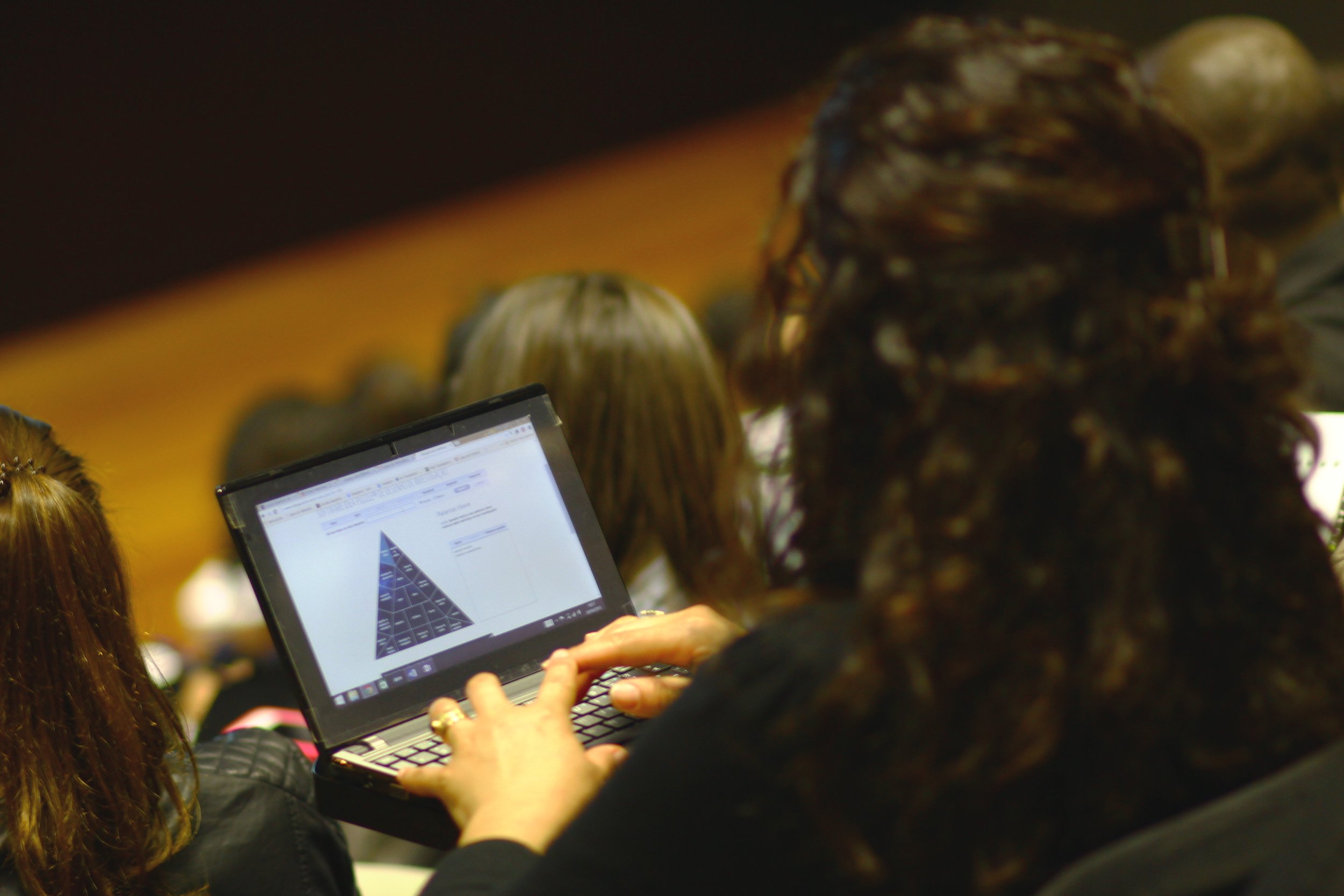


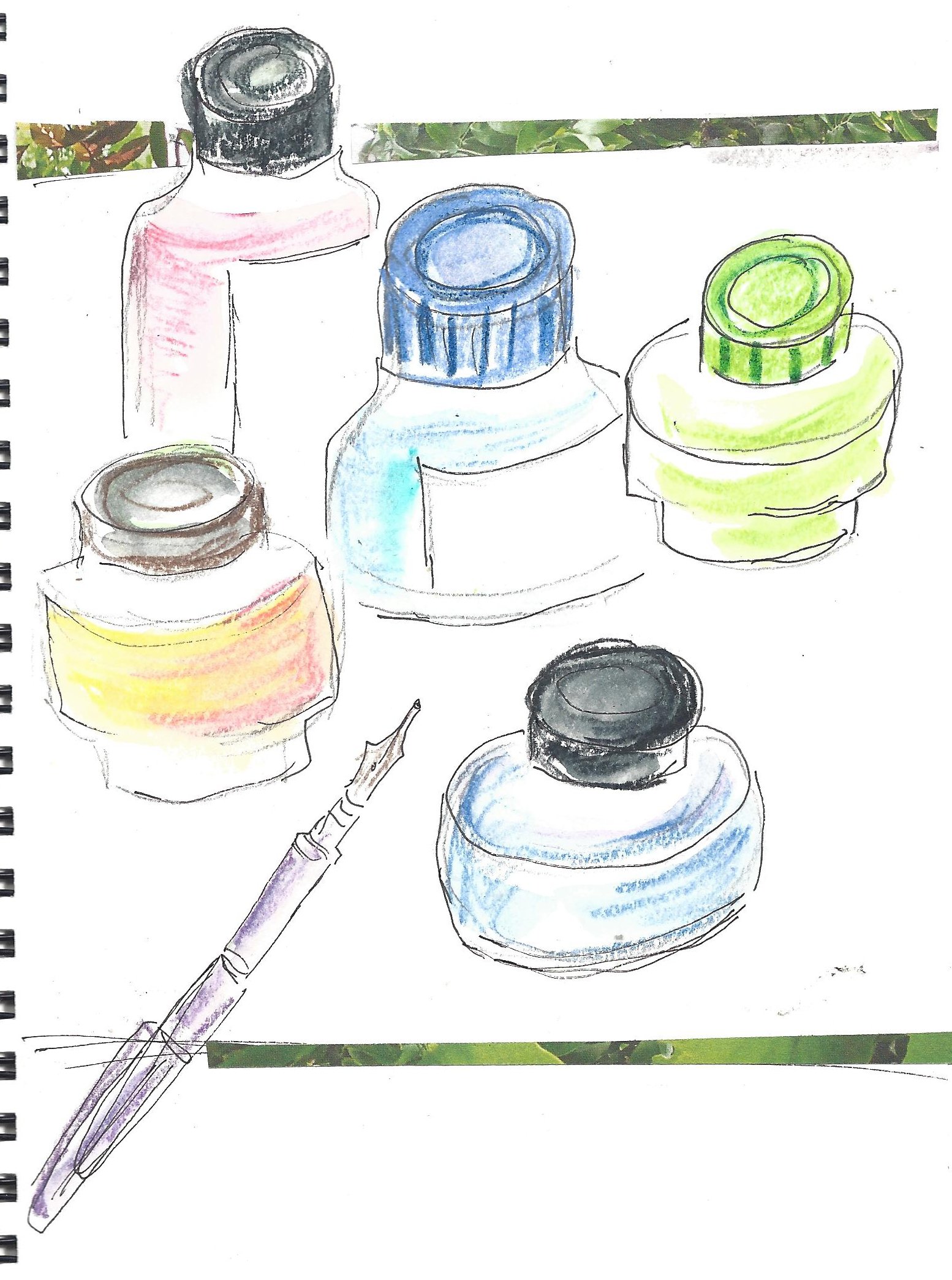







Look candidly at your unfinished project. Is it a stepping stone, and completion will be allow you to move ahead? Or is it an obstacle that prevents you from moving forward? Find ideas to help you determine whether to revive that piece of writing or let it go.